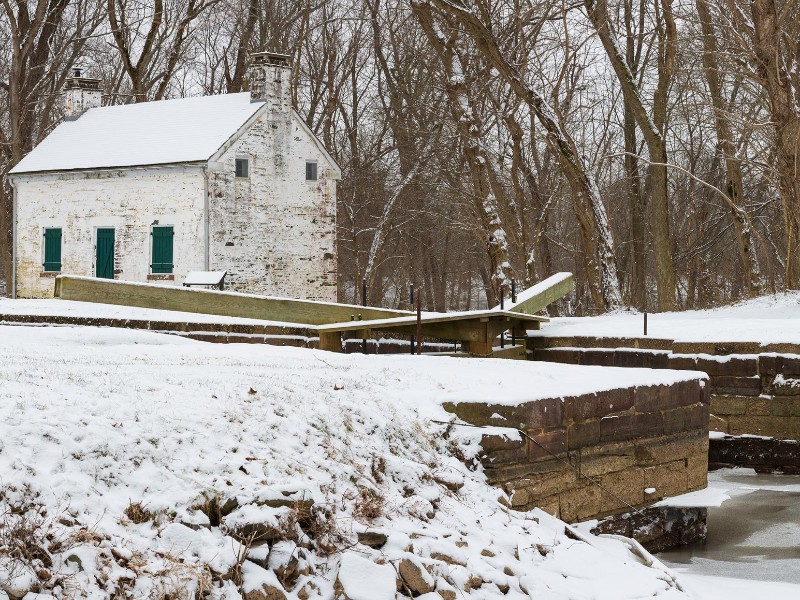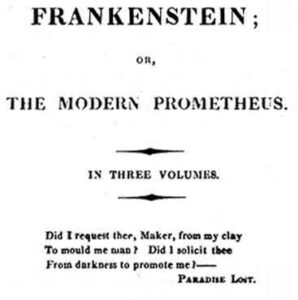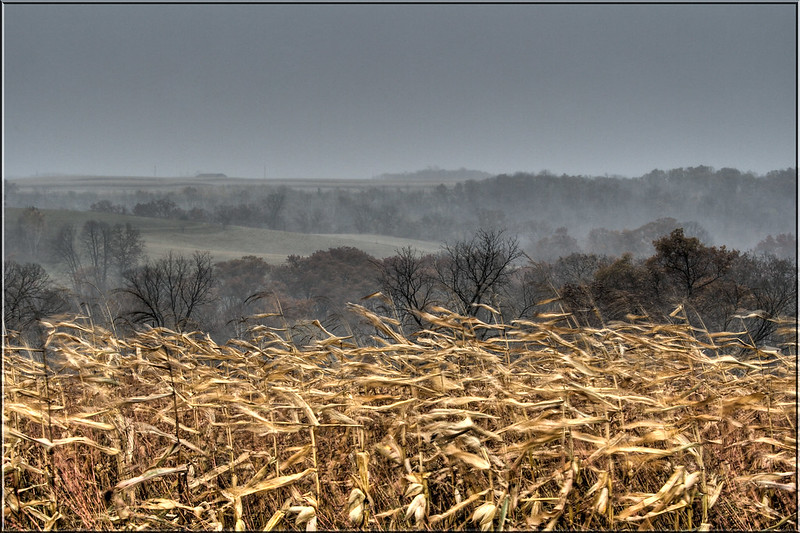The old joke, oft repeated, about the mercurial climate of Maryland is that if you don’t like the weather, just wait five minutes. While the official start to the summer of 2023 has been unseasonably cool, it doesn’t come close to the below-normal temperatures of 1816, or what was then called, “The Year Without a Summer.”
The frigid summer of 1816 was the result of severe volcanic activity in modern day Indonesia that spewed tremendous amounts of ash into the atmosphere, triggering a climactic crisis that resulted in widespread social and economic devastation. Historian John D. Post referred to the event as “the last great subsistence crisis in the Western world,” as a result of the worldwide famines caused by the plummeting temperatures and resulting crop failures.
shivering by their fireplaces

Across the globe, the impact was profound and along with starvation and economic collapse also caused many to believe it perhaps foreshadowed the end of the world. In Maryland, what began as a normal spring quickly changed when a late April cold snap and freeze destroyed most of the newly planted crops. Writing in 1916 on the 100th anniversary of the coldest year, the Baltimore Sun explained that in Maryland that year,
Every green herb, every early vegetable and flower perished outright; black frost reigned on the hillsides and in the meadows, and the harvest fields lay under a canopy of snow and sleet.
In April and May, here in Maryland, snowfall came in a bluish and brown hue — the result of volcanic ash mixed into the atmosphere and jet stream. According to records kept at the time, the average temperature in the Baltimore region for the entire year was only 49 degrees. Frost was commonplace throughout the summer, especially when in early August a frigid nor’easter descended on the Mid-Atlantic bringing thick ice to nearby Pennsylvania.
the worldwide impacts
Worldwide, crop prices for those grown to maturity soared and caused devastating famine, malnourishment and starvation. The following year, prices again surged when the seed gleaned from the prior year was scarce and difficult to acquire.

Interestingly, the devastation and gloom also inspired countless artistic responses — from Mary Shelley’s classic, Frankenstein, to Lord Byron’s famed poem Darkness, each examples of literary endeavors inspired by the experience.
The future of our climate
Today, the year without a summer is but a footnote to the 19th century — but the impact of climactic changes and changing weather patterns is a story all too familiar. In 1816, we are presented with a powerful example of the cascading — and damaging — effects of abrupt changes to the climate; a timely lesson and reminder as we deal with our own climactic alterations.

